The Advantages of Carbon Fiber Wheels for Lightweight Performance
Why Carbon Fiber Wheels Deliver Superior Lightweight Performance
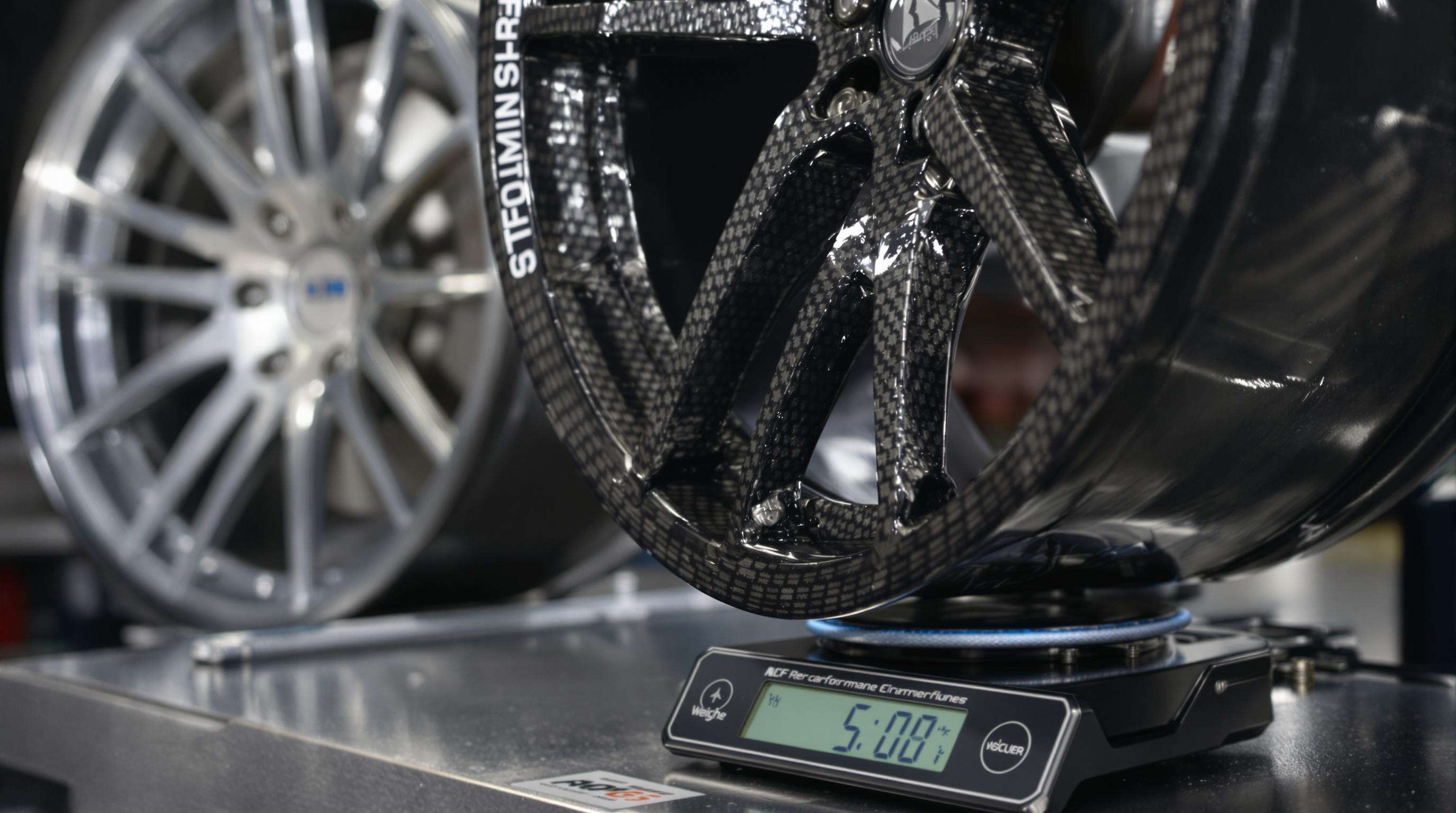
The role of weight reduction in high-performance vehicles
Cutting down on unsprung mass those parts sitting below the suspension system makes a big difference when it comes to how a car handles. Switching to lighter wheels really boosts performance metrics. The math checks out too: taking off about 4.4 pounds from rotating parts actually feels like shedding around 22 pounds off the whole frame according to recent findings in Automotive Materials Review 2024. When there's less weight hanging out past the springs, the suspension works better overall. Tires stay planted on rough roads much longer than they would otherwise, which means drivers experience smoother rides even when conditions aren't perfect.
How carbon fiber compares to aluminum and steel alloys
Carbon fiber wheels are about half the weight of similar aluminum models and around 70% lighter than steel ones, yet they still hold up pretty well when it comes to tensile strength. Metals tend to bend or warp after lots of stress over time, but carbon fiber works differently because of its unique directional properties. This means manufacturers can reinforce specific spots where stress builds up most, especially at those critical points where spokes connect. Some recent tests found that carbon fiber wheels actually handle about 12 percent more sideways force when taking corners than their forged aluminum equivalents according to research from PWC Materials Lab back in 2023.
Material science behind carbon fiber as a wheel substrate material
Carbon fiber composites made from woven filament mats bonded with thermoset resins offer outstanding vibration damping properties. When wheels rotate at high speeds, these materials absorb the resulting vibrations much better than traditional options. That's why Porsche has incorporated carbon wheels as standard equipment on their new 911 GT3 RS models. The result? A noticeable drop in noise and harshness inside the cabin. Independent tests show around an 18 percent reduction in NVH levels when compared with magnesium wheels, making for a smoother driving experience overall.
Impact of lightweight wheel design on acceleration and braking
Sports cars equipped with carbon wheels can reach 60 mph from a standstill about 0.3 seconds quicker than those with traditional aluminum wheels thanks to reduced rotational inertia. When it comes to stopping power, the difference becomes even more noticeable on the track. Braking distances shrink by around 8%, which translates to roughly 26 feet less needed to come to a halt at highway speeds because there's simply less mass moving forward. Another advantage worth mentioning is how carbon fiber handles heat differently compared to metal alloys. With thermal conductivity ratings at just 15 W/mK against aluminum's much higher 205 W/mK, these lightweight wheels don't pass as much heat onto brake components during aggressive driving sessions. This means drivers experience less brake fade when pushing their vehicles hard on race circuits or performance roads.
Enhanced Vehicle Dynamics and Handling with Carbon Fiber Wheels

Measured improvements in handling and cornering stability
Carbon fiber wheels cut down on rotational inertia quite a bit actually about 27 percent when compared with regular aluminum alloy wheels according to Ford Performance data from last year. This makes cars respond much quicker when turning into corners and helps maintain better stability through those mid corner sections where things get tricky. What makes these wheels special is their stiffness properties which are around 40% greater than what we see in forged aluminum counterparts. This means weight gets distributed across the tire surface far more accurately during those intense cornering situations where lateral forces really kick in. Another big plus point comes from how little they expand when temperatures rise. Carbon fiber expands at just 0.5 parts per million per degree Celsius whereas aluminum jumps all the way to 23.1 ppm/C. Because of this minimal expansion, tires stay planted firmly against the road even under extreme driving conditions, which translates to less understeer problems when blasting through high speed bends.
Driver feedback on responsiveness and road feel
Tests across the industry show that switching to carbon fiber wheels can cut steering response time anywhere from 15 to 22 milliseconds. That might not sound like much until you realize it translates to about 1.3 degrees sharper steering at highway speeds. When put through their paces in blind tests, most pro drivers (around 80%) consistently mentioned feeling more connected to the road when driving on carbon fiber wheels. They picked up on subtle differences in pavement textures that regular wheels just don't transmit. What makes this possible? The material actually dampens those annoying high frequency vibrations but still lets important low frequency sensations travel up through the car's frame, giving drivers better information about what's happening beneath the tires.
Case study: Carbon fiber wheels in Formula 1 and high-end supercars
Carbon fiber wheels made their Formula 1 appearance back in 2022 and have already been making a difference. At places like Silverstone's tricky Copse Corner, cars with these wheels are turning corners about 18% quicker thanks to reduced unsprung mass. Take the McLaren Solus GT for example - when fitted with carbon fiber wheels instead of regular aluminum ones, it managed to shave off nearly half a second from lap times around the famous Nurburgring track. What makes this possible? The manufacturing technique comes straight from motorsport technology. They use something called 7-axis automated fiber placement which creates street legal hypercar wheels capable of handling an impressive 63,000 pound feet of twisting force without breaking a sweat.
Fuel Efficiency and Sustainability Benefits of Lightweight Wheel Technology
The Direct Link Between Weight Reduction and Improved Fuel Economy
When wheels get lighter, they spin easier because there's less resistance against motion, which means the car needs less power to speed up. Switching to carbon fiber wheels cuts down on what mechanics call "unsprung weight" by around half when compared to regular aluminum wheels. This makes engines work less hard when accelerating. According to some research done recently in the automotive sector, removing about 300 kilograms from big trucks through lighter wheels translates into saving somewhere between 900 and 1,500 liters of diesel each year. For everyday drivers too, making wheels 10 percent lighter generally boosts gas mileage by roughly 2 to 3 percentage points. That might not sound like much, but over time those small improvements add up significantly for both individual owners and fleet operators alike.
Quantifying Fuel Savings: Data From OEM Testing on Lightweight Performance in Automotive Wheels
OEM simulations show carbon fiber wheels improve fuel efficiency by 4–6% in urban driving cycles due to frequent stops and starts. For example:
| Vehicle Type | Weight Reduction per Wheel | Annual Fuel Savings |
|---|---|---|
| Sports Car | 5-7 kg | 60-90 liters |
| SUV | 8-10 kg | 100-150 liters |
These savings are complemented by 15–20% longer brake pad life and reduced CO₂ emissions. While actual results vary by driving style, the consistent weight advantage makes carbon fiber wheels a compelling sustainability upgrade.
Durability, Reliability, and Long-Term Value of Carbon Fiber Wheels
Myth vs. Reality: Are Carbon Fiber Wheels Fragile?
The idea that carbon fiber wheels are fragile reflects outdated perceptions of composite materials. Modern manufacturing produces wheels with 7x higher impact resistance than aluminum alloys in industry-standard curb strike tests (Ponemon 2023). Unlike metals that deform permanently, carbon fiber’s woven structure redistributes stress while preserving structural integrity.
Resistance to Corrosion and Fatigue Under Extreme Conditions
Carbon fiber wheels don't suffer from oxidation problems that plague traditional materials like aluminum and steel. Tests show they only corrode at about 0.003% per year when exposed to salt spray, which is way better than aluminum's 0.12% rate. When it comes to how long they last under stress, Formula 1 engineers have noticed something interesting too. Their carbon fiber wheels can handle roughly three times more stress cycles before failing compared to magnesium racing wheels used in the sport. Plus these wheels stay strong and perform consistently even when temperatures swing wildly between minus 40 degrees Fahrenheit and 300 degrees Fahrenheit. That kind of thermal stability makes them ideal for all sorts of harsh conditions where regular metal wheels would fail.
Warranty and Lifespan Comparisons With Traditional Wheel Materials
Leading manufacturers now offer 10-year warranties on carbon fiber wheels, double the typical 5-year coverage for aluminum. This confidence comes from accelerated aging tests showing:
| Material | Simulated Mileage Before Failure | Weight Reduction vs. OEM |
|---|---|---|
| Carbon Fiber | 200,000+ miles | 40-50% |
| Forged Aluminum | 120,000 miles | 15-20% |
| Cast Steel | 80,000 miles | 0% |
The combination of extended service life, reduced maintenance, and long-term durability positions carbon fiber wheels as a lifecycle cost leader despite their higher initial cost.
FAQs About Carbon Fiber Wheels
Q: What are the primary benefits of carbon fiber wheels?
A: Carbon fiber wheels offer superior lightweight performance, reducing unsprung mass and improving handling, acceleration, braking, and fuel efficiency compared to traditional metal wheels.
Q: Are carbon fiber wheels more fragile than metal wheels?
A: No, modern manufacturing processes produce carbon fiber wheels with high impact resistance, making them durable and reliable even under extreme conditions.
Q: How do carbon fiber wheels improve fuel efficiency?
A: By reducing weight, carbon fiber wheels decrease resistance, requiring less power for acceleration and enhancing fuel economy significantly.
Q: Do carbon fiber wheels offer a longer lifespan than aluminum wheels?
A: Yes, carbon fiber wheels generally have a longer lifespan and come with extended warranties due to their durability and resistance to corrosion and fatigue.
Recommended Products
 Hot News
Hot News
-
Forged Carbon Products
2024-05-21
-
Forged Off-Road Accessories
2024-05-21
-
GVICHN Introduces Revolutionary Forged Two-Piece Product
2024-05-21
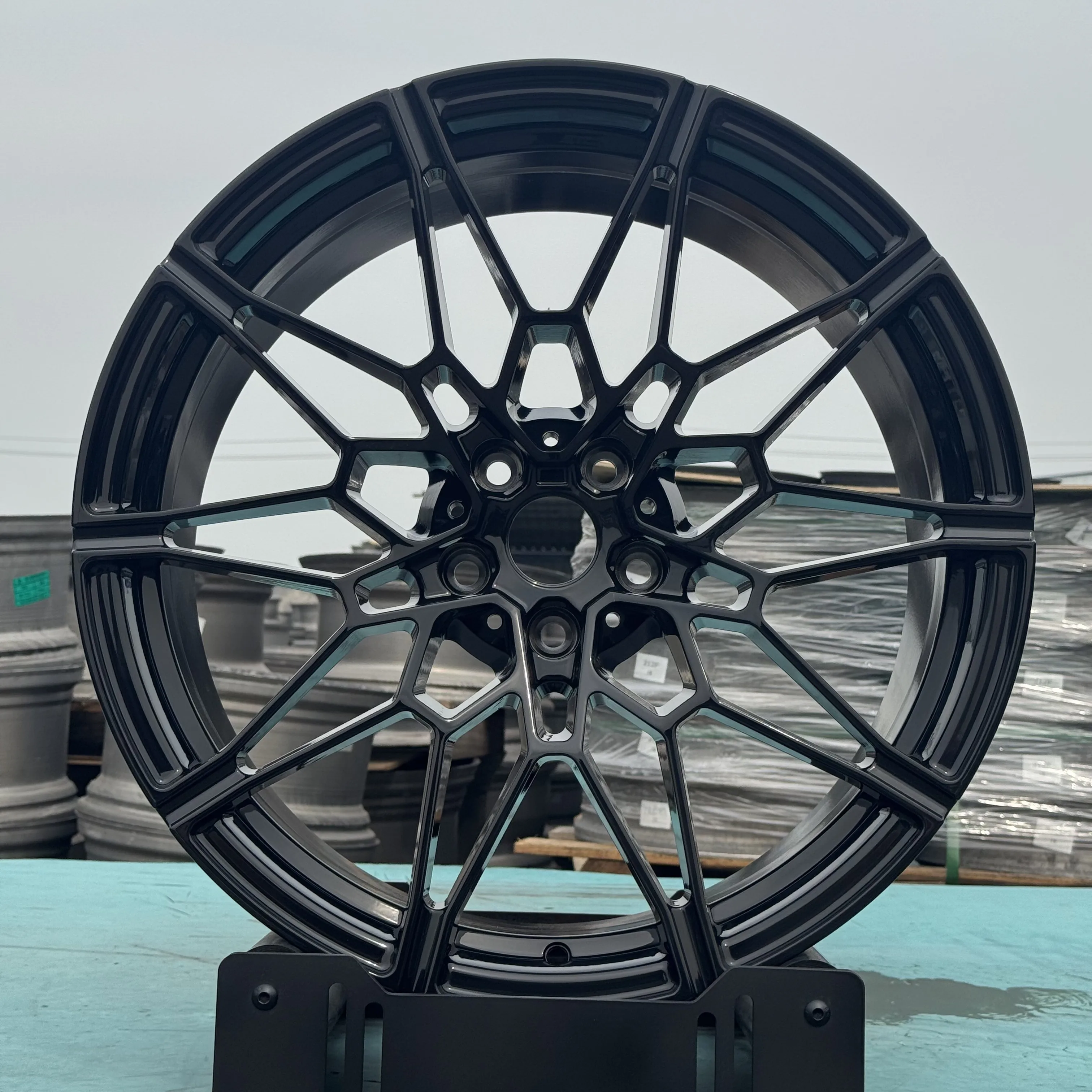

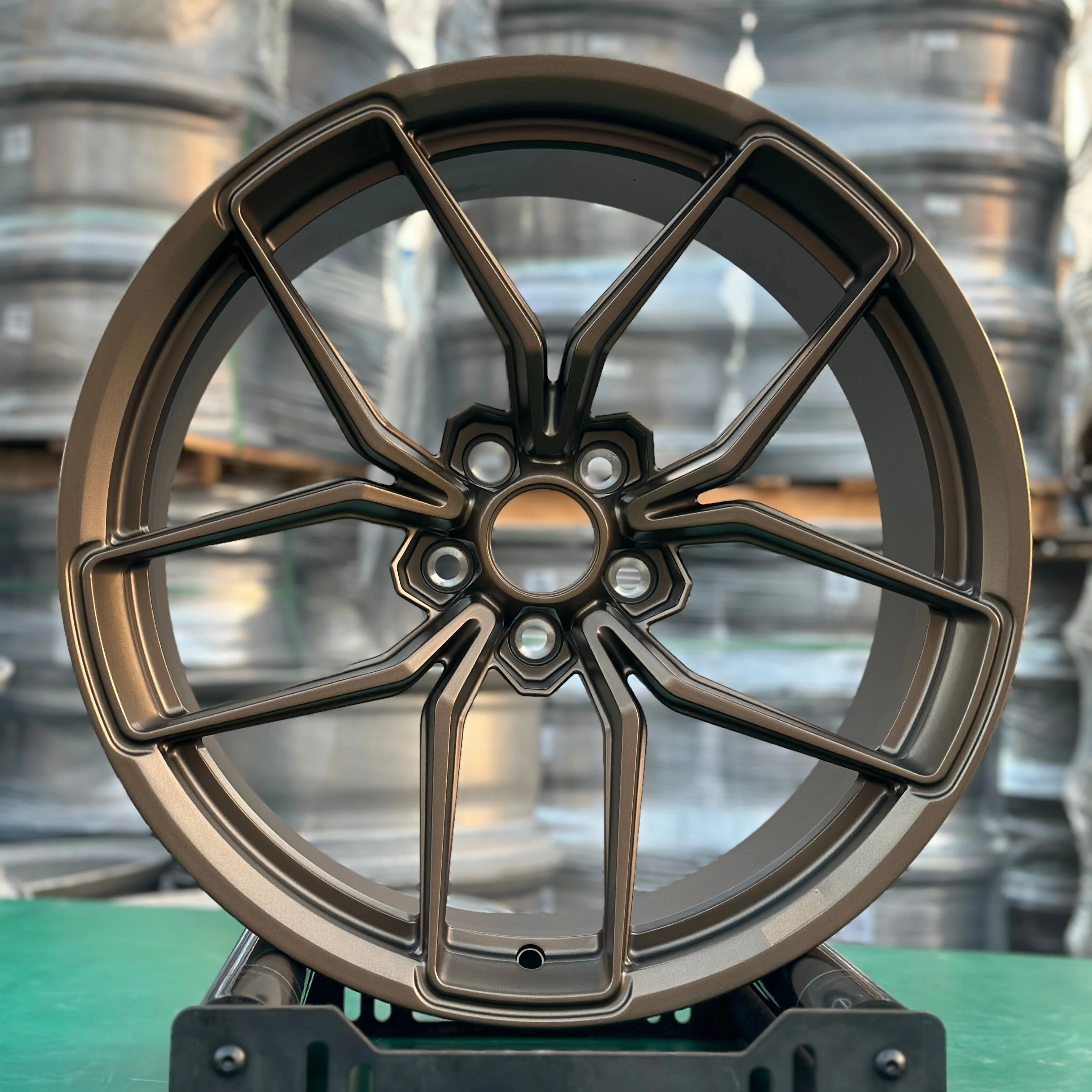
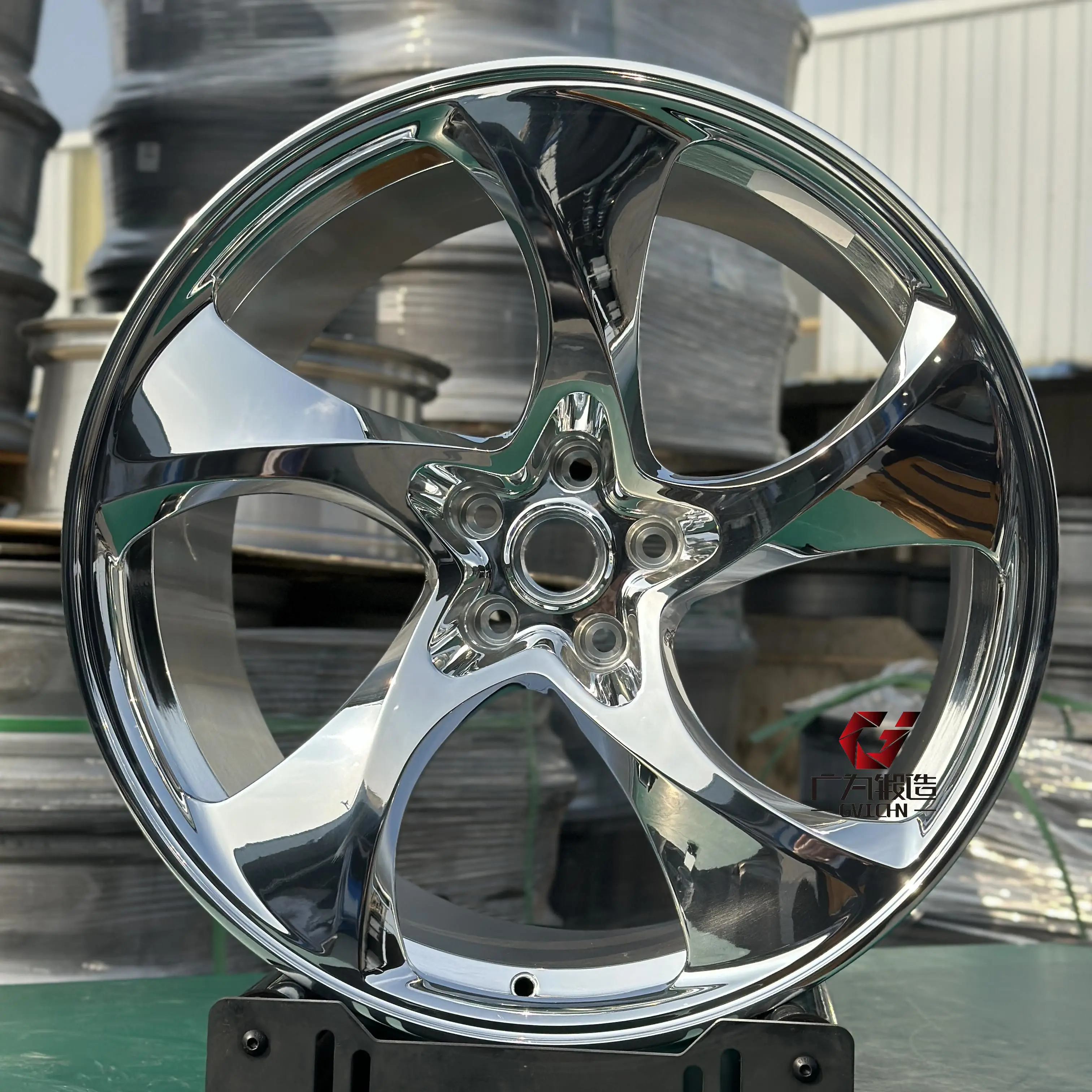
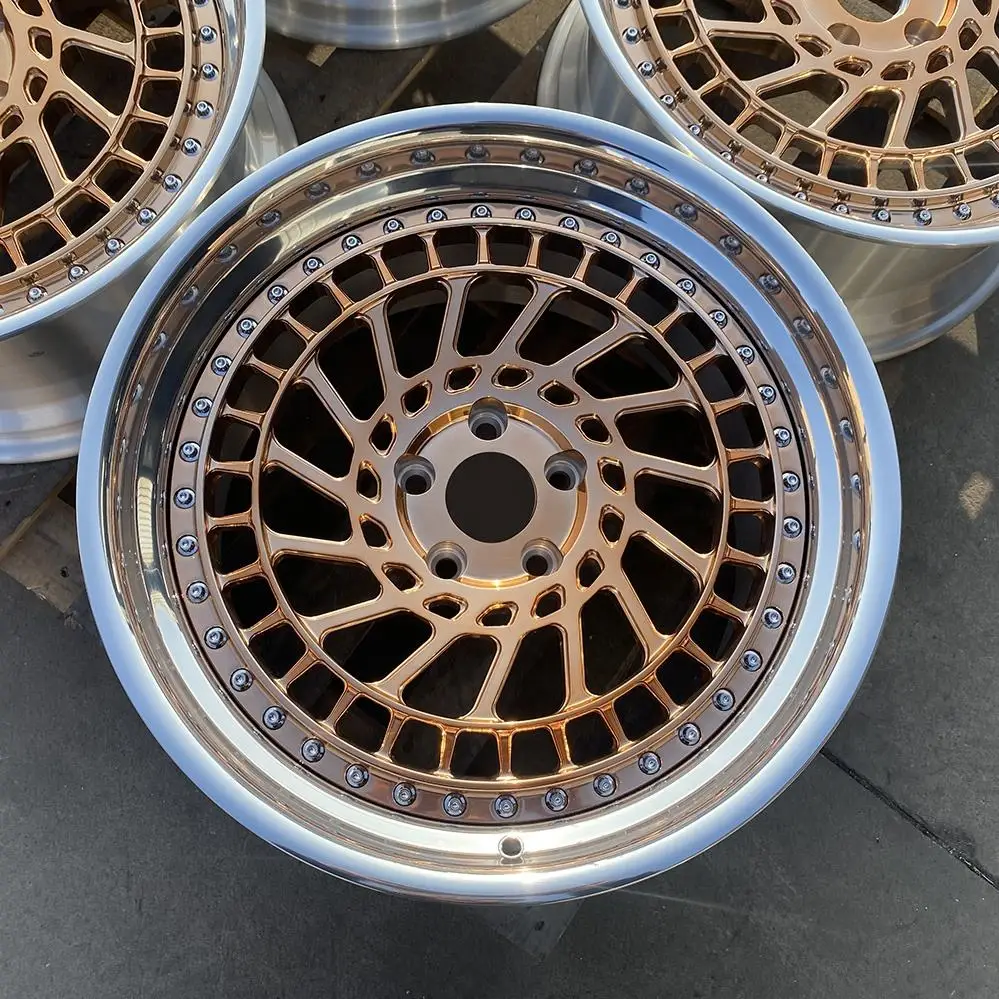
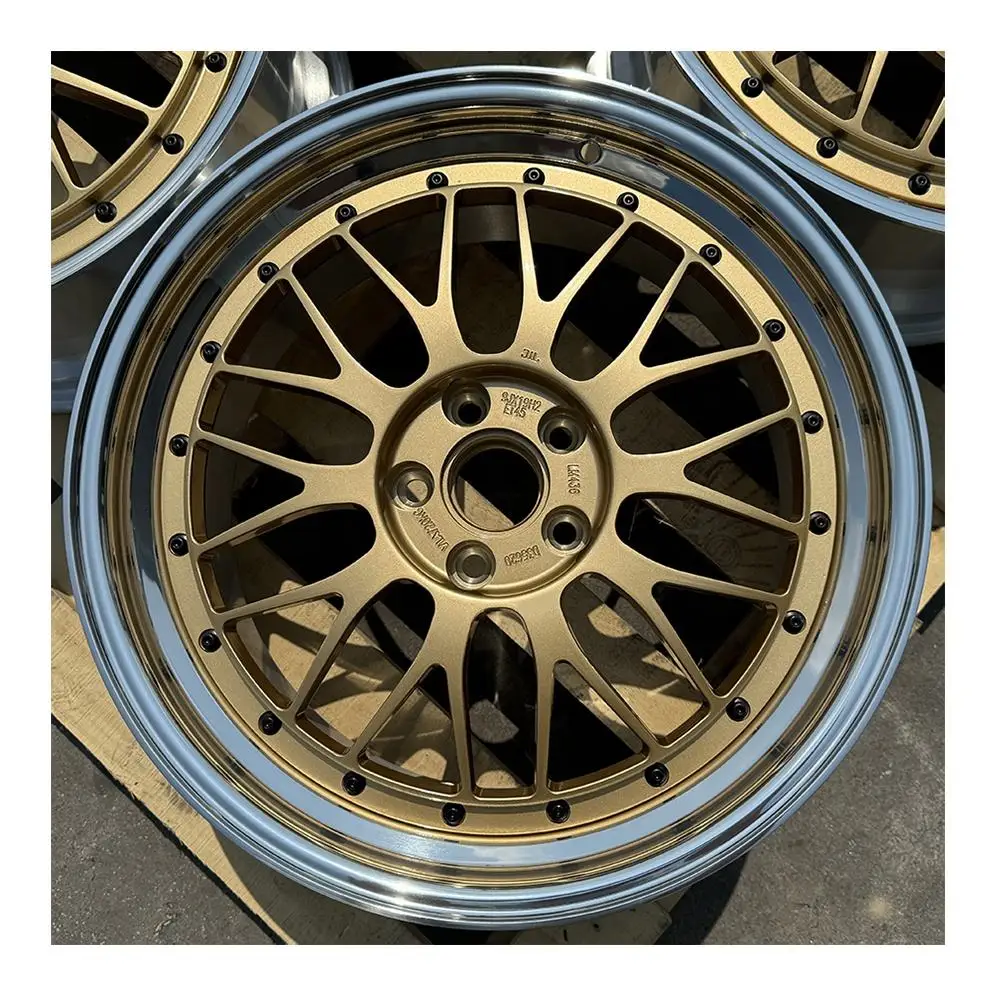
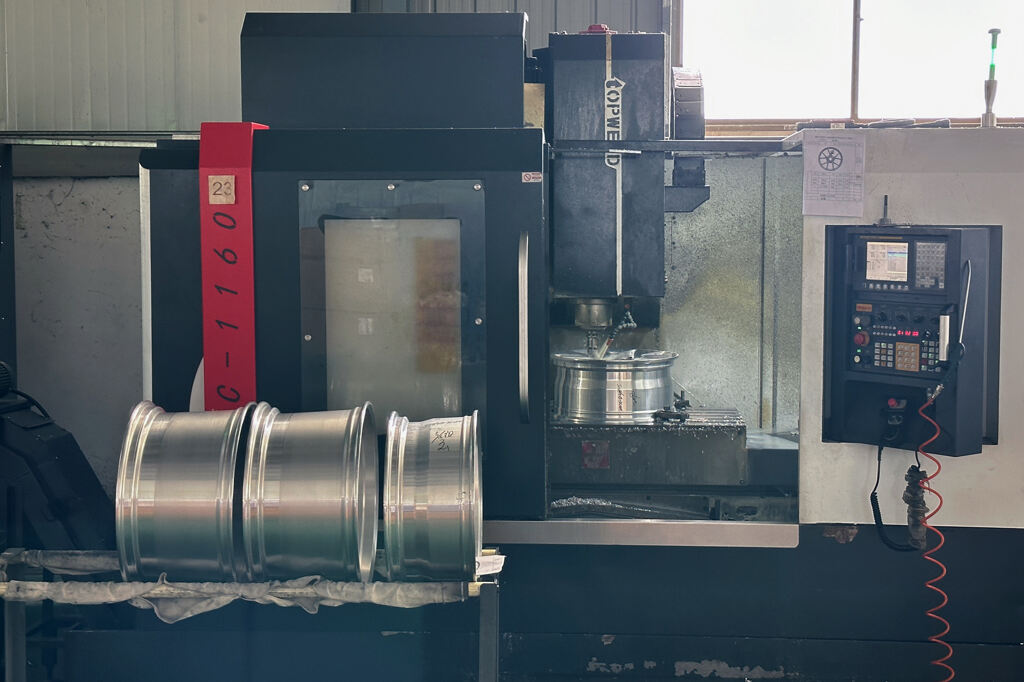
 ONLINE
ONLINE